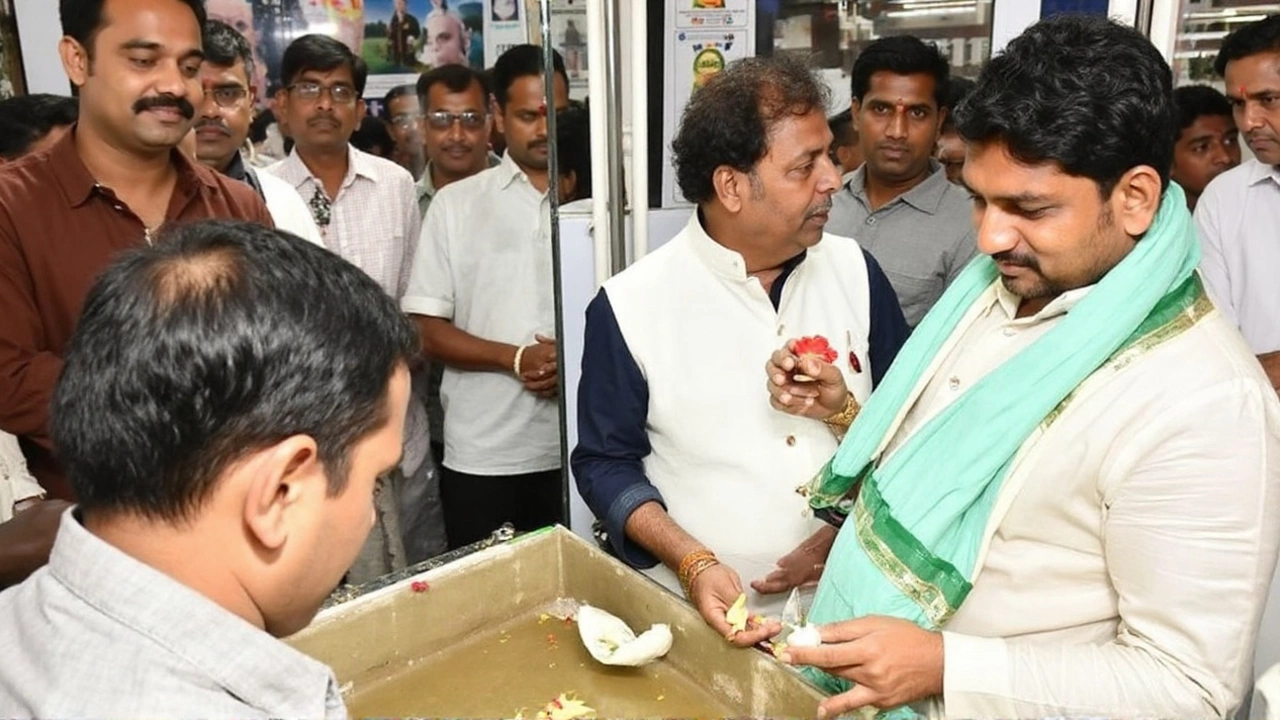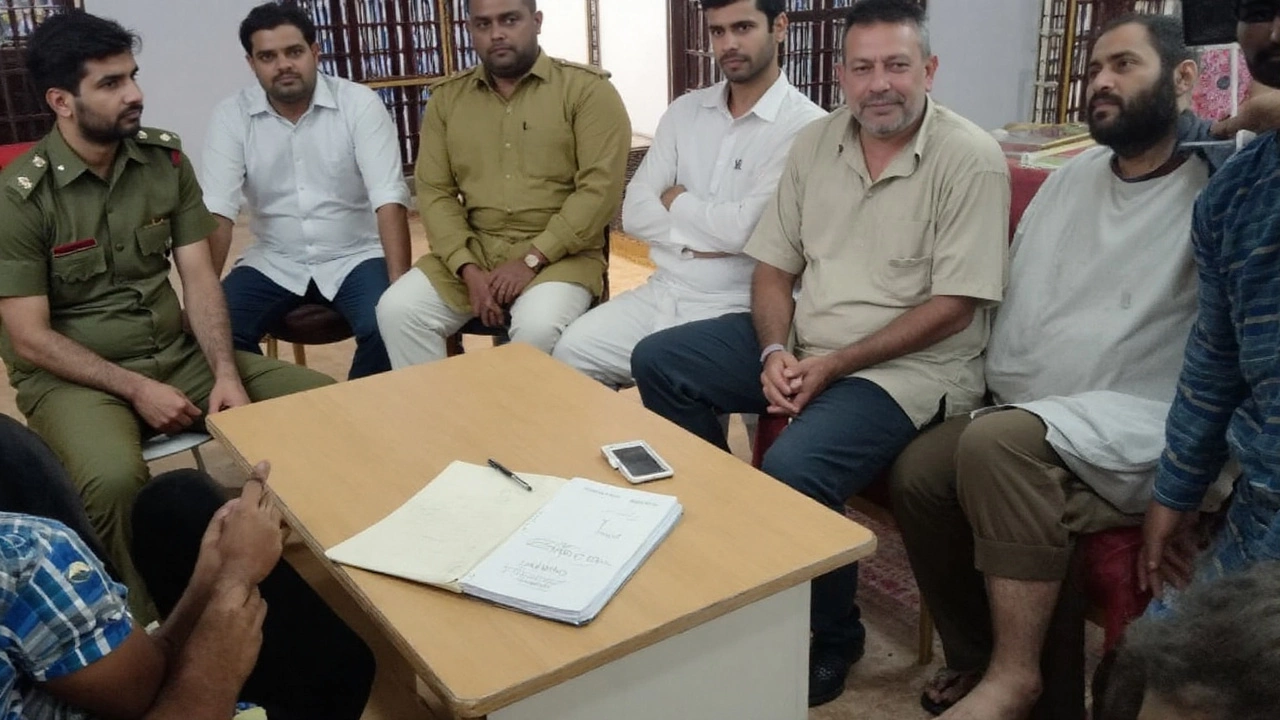Why the meetings matter
Every year, Navratri and Dussehra draw thousands of devotees to Sanawad and Fatehpur. While the festivals are a cultural high point, past incidents—such as stampedes at makeshift stages and isolated clashes over religious symbols—have prompted officials to act earlier. This time, a coalition of local politicians, police officers, temple trustees, and civil‑society volunteers convened to map out a safety blueprint.
The gathering began with the district magistrate outlining the security framework, followed by a heated but constructive debate on how to balance traditional practices with modern safety standards. Participants highlighted two main concerns: uncontrolled crowd surges at the main procession routes and the use of fireworks that often trigger fire hazards in densely packed market lanes.

Key measures rolled out by the peace committee
After several hours of discussion, the group agreed on a set of concrete actions:
- Dedicated crowd‑control zones: Entry points to the main venues will now be equipped with metal barricades and staffed by trained volunteers to direct foot traffic.
- Enhanced police deployment: An additional 150 officers will be on standby, with three mobile units positioned at strategic intersections.
- Fire safety protocols: Fire brigades will conduct nightly inspections of pyre sites, and only certified fireworks vendors will be allowed to operate within a 2‑kilometer radius of residential areas.
- Medical response teams: Two mobile clinics, each with a doctor, paramedic, and basic first‑aid supplies, will be stationed near the main stage.
- Community awareness drives: Local NGOs will run short workshops on emergency evacuation procedures during the week leading up to the festivals.
Each measure was vetted by a legal advisor to ensure compliance with state regulations on public gatherings. The committee also drafted a rapid communication plan: any incident will trigger an instant alert via WhatsApp groups that include police, municipal officials, and community leaders.
Beyond logistics, the meetings served a symbolic purpose. By bringing together representatives from Hindu temples, Muslim mosques, and tribal councils, the organizers underscored a shared commitment to peace. One elder from a nearby village remarked, "When we pray together for safety, the gods hear us louder."
Local businesses, which rely heavily on the influx of visitors, welcomed the proactive stance. Shop owners reported that previous years’ disruptions led to a 15% drop in sales, a loss they hope to avoid this time around.
With the schedule for Navratri set to begin on October 12 and Dussehra festivities slated for October 21, the committees plan a final review a week before each event. The expectation is that the combined effort will keep the celebrations vibrant, secure, and free from the setbacks that have plagued past years.
